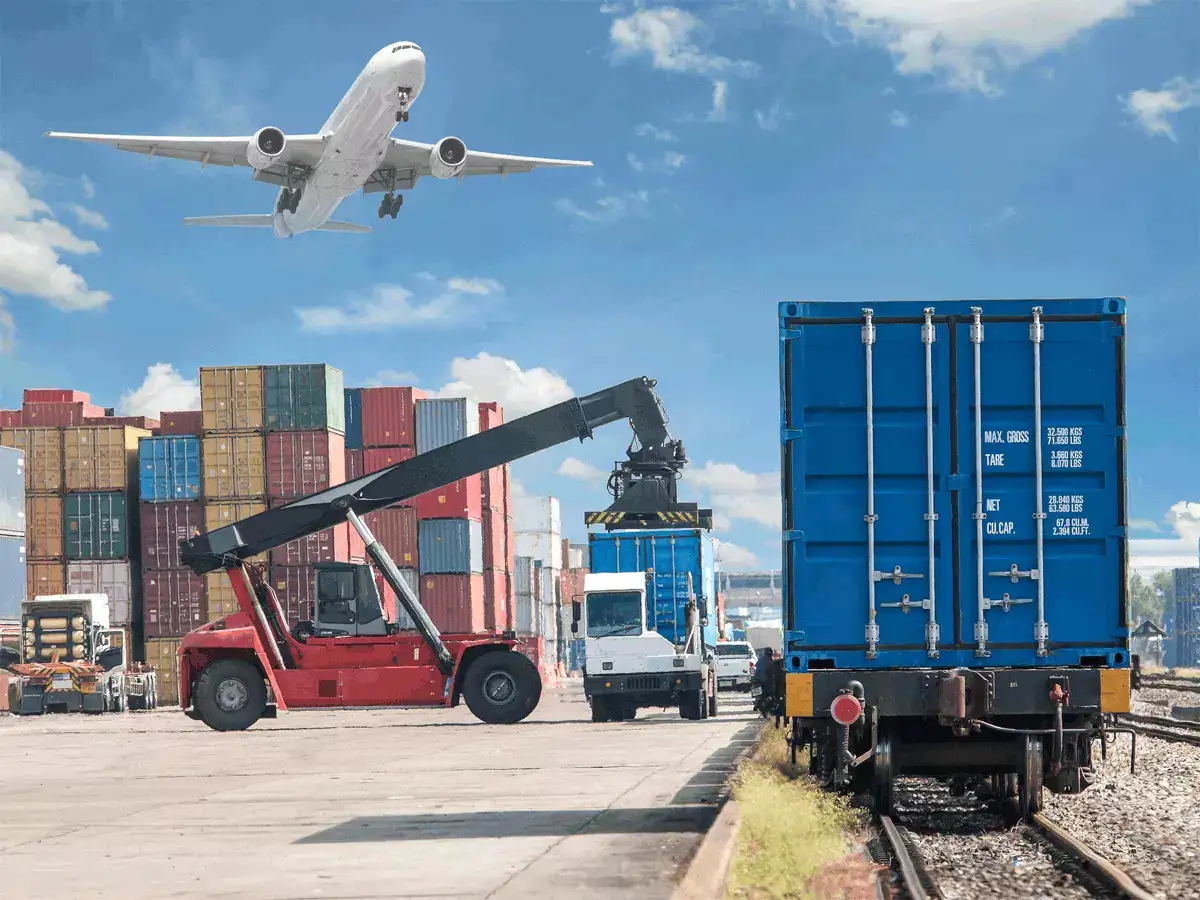As per a report published by the Commerce and Industry Ministry on Friday, Gujarat, Karnataka, Maharashtra, Odisha, Tamil Nadu, and Delhi have been designated as “achievers” in the logistics index for 2024. This index is a key indicator of the effectiveness of logistical services, which are crucial for boosting exports and driving economic growth. Last year, 13 states and Union Territories (UTs) were also recognised in this achievers category.
The additional states and UTs that are classified as “achievers” comprise Chandigarh, Haryana, Telangana, Uttar Pradesh, Uttarakhand, Assam, and Arunachal Pradesh. In contrast, Andhra Pradesh, Goa, Bihar, Himachal Pradesh, Madhya Pradesh, Punjab, Rajasthan, Meghalaya, Mizoram, Nagaland, Sikkim, Tripura, along with Dadra and Nagar Haveli, Daman and Diu, Jammu and Kashmir, Lakshadweep, and Puducherry, have been categorised as “fast movers” in the report. The “aspirers” group includes Kerala, West Bengal, Chhattisgarh, Jharkhand, Andaman and Nicobar Islands, and Ladakh.
Notably, some states, such as Maharashtra, Odisha, Uttarakhand, and Arunachal Pradesh, have improved their standings from the ‘Fast Movers’ and ‘Aspirers’ categories in 2023 to the ‘achievers’ category for 2024. Conversely, Punjab has dropped from the top tier to ‘Fast Movers’ this year, while Andhra Pradesh has moved from ‘Achievers’ to ‘Fast Movers’ status in 2023.
The report assesses states on four primary pillars:
- Logistics Infrastructure
- Logistics Services
- Operating and Regulatory Environment
- Sustainable Logistics (a newly added component)
This evaluation is part of the sixth LEADS (Logistics Ease Across Different States) 2024 report, introduced by Commerce and Industry Minister Piyush Goyal. The index aims to enhance the focus on logistics performance improvement across states, which is essential for national trade advancement and minimising transaction costs.
LEADS was established based on the Logistics Performance Index (LPI) from the World Bank in 2018. While the LPI solely relies on perception surveys, LEADS integrates perception with objective indicators, thus enhancing the reliability and comprehensiveness of the assessment. The report not only evaluates state performance in crucial areas but also equips state and UT governments with region-specific insights to facilitate informed decision-making and overall development.
During the event, Goyal urged the DPIIT to refine the evaluation system this year, suggesting a more stringent set of criteria to encourage competition among the states and UTs. He stated, “I believe too many individuals are receiving accolades as high achievers. We will be tightening the entire evaluation framework.” He emphasised that standards need to be elevated, asserting, “We cannot adhere to the expectations we set five years ago.”
Furthermore, the department has launched a framework for evaluating logistics costs in India.
He mentioned that the ministry is considering a digital public infrastructure similar to the UPI model for the logistics sector. “The objective is to create a network akin to UPI, enabling various stakeholders to share data and streamline the paperwork associated with goods movement. This could significantly revolutionise business operations,” he remarked.
Goyal highlighted the importance of this initiative, cautioning that otherwise, “we risk becoming overwhelmed with numerous records and paper-based documentation that will inevitably encumber us.” He stressed the necessity of uniting all stakeholders on a single network and developing digital public infrastructure that will improve governance, optimise operations, and accelerate decision-making in a cost-efficient manner.
He encouraged states and UTs to develop regional action plans aimed at simplifying logistics for businesses. “Planning for the future is crucial to attract investments,” he emphasised, advocating for the adoption of green logistics technologies to meet global demands for sustainable practices.

